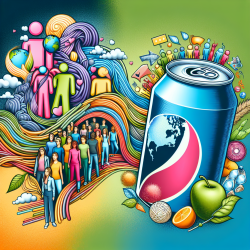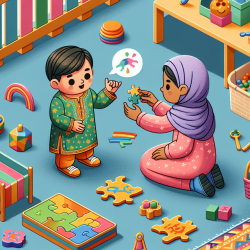The Surprising Connection Between Soft Drinks and Aggressive Behavior in Adolescents
As practitioners dedicated to improving outcomes for children, it is crucial to stay informed about the latest research findings that can impact our approaches. A recent study published in Nutrients has shed light on a significant public health concern: the association between soft drink consumption and aggressive behavior among adolescents. This study, which utilized data from the Global School-Based Student Health Survey (GSHS), analyzed responses from over 263,890 adolescents across 64 countries.
Key Findings from the Study
The research revealed a startling connection: each additional daily serving of soft drinks was associated with an 11% increase in the likelihood of frequent physical fighting among adolescents. This finding remained significant even after adjusting for various covariates such as age, gender, smoking, physical activity, and dietary habits.
Furthermore, the study highlighted regional differences in soft drink consumption and aggressive behavior. For instance, the prevalence of aggressive behavior varied from 2.7% in Laos to 49.2% in Tuvalu, while soft drink consumption ranged from 0.5 times/day in Kiribati to 2.5 times/day in Suriname.
Implications for Practitioners
Understanding the link between soft drink consumption and aggressive behavior can inform our interventions and strategies. Here are some actionable steps practitioners can take:
- Educate Parents and Students: Raise awareness about the potential behavioral impacts of excessive soft drink consumption and encourage healthier dietary choices.
- Promote Healthy Alternatives: Advocate for increased availability and consumption of water, natural juices, and other non-carbonated beverages in schools and communities.
- Collaborate with Schools: Work with educational institutions to implement policies that limit the availability of sugary drinks on campus.
- Conduct Further Research: Encourage additional studies to explore the underlying mechanisms linking soft drink consumption to aggressive behavior, such as the role of sugar and caffeine.
Call to Action
Given the global scope of this issue, practitioners have a unique opportunity to influence positive change in adolescent behavior through targeted interventions. By addressing soft drink consumption, we can contribute to reducing aggressive behavior and its associated risks.
To read the original research paper, please follow this link: Association between Soft Drink Consumption and Aggressive Behaviour among a Quarter Million Adolescents from 64 Countries Based on the Global School-Based Student Health Survey (GSHS).










